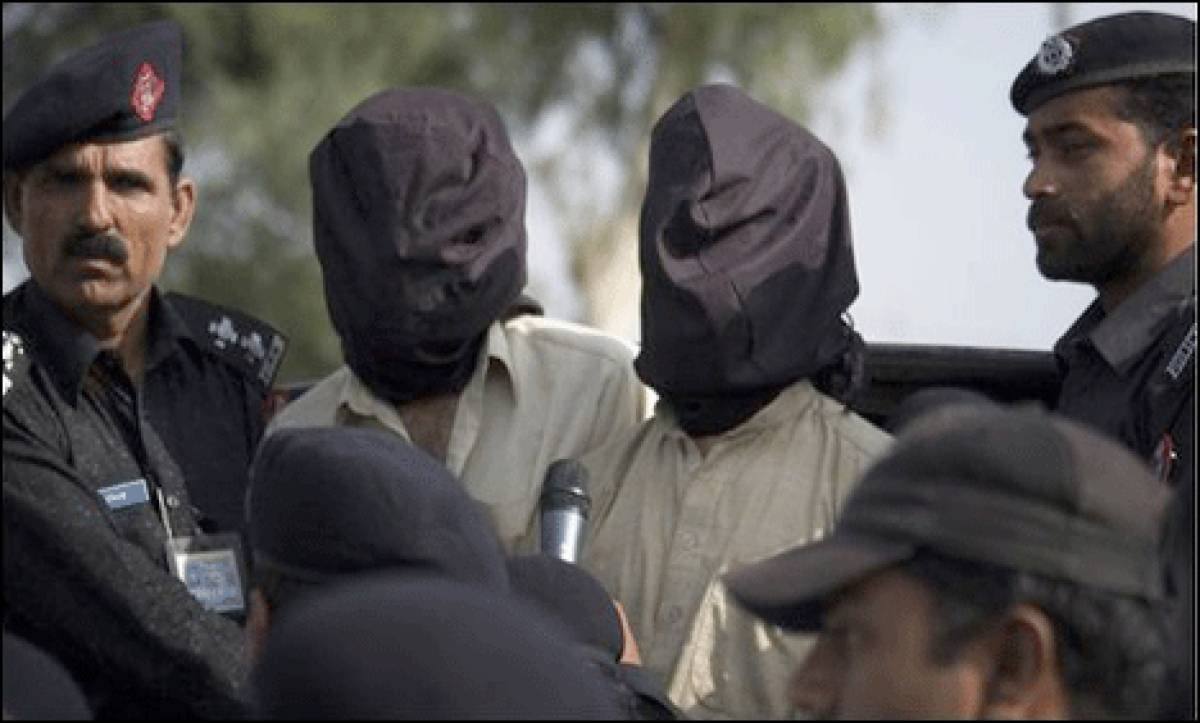In a dramatic turn of events, Babar Azam, the captain of the Pakistan cricket team, has resigned from leadership positions in all three formats. This decision follows the Pakistan Cricket Board’s (PCB) controversial handling of the team’s performance in the recent World Cup. The PCB, acknowledging the need for change, has implemented a significant reshuffle, dismissing coaching staff, and appointing new leaders for different formats.
Babar Azam’s departure from captaincy in Tests, ODIs, and T20s comes amid mounting pressure and scrutiny on the team’s recent lackluster performances. The PCB, in an attempt to revitalize the team, proposed Babar Azam to continue as the Test captain, but he declined, citing a desire to focus on his batting without the added burden of captaincy.
The announcement unfolded during a meeting where Babar Azam expressed the difficulty of the decision but emphasized its timeliness. The PCB responded by appointing Shan Masood as the Test captain, Shadab Khan as the T20 captain, and delaying the announcement of the ODI captain.
Adding to the shake-up, the coaching staff faced a comprehensive overhaul. Head coach Grant Bradburn, batting coach Matthew Hayden, and bowling coach Vernon Philander were relieved of their duties. In their place, former captain Mohammad Hafeez was appointed as the team director, signaling a shift in coaching dynamics.
The PCB, in a post-World Cup analysis, concluded that drastic changes were essential to rejuvenate the team’s spirit and competitiveness. Shan Masood, an accomplished Test opener, was entrusted with leading the Test side, while the dynamic Shahin Afridi was named the captain for T20s. The decision for the ODI captaincy is pending.
Amidst these changes, Babar Azam’s resignation was met with mixed reactions. He expressed gratitude for the opportunities given by the PCB and emphasized his commitment to playing across all formats for Pakistan. The PCB, in turn, praised Babar as a world-class cricketer and affirmed continued support.
In the meeting between PCB Chairman Zaka Ashraf and Babar Azam, the chairman reiterated the board’s respect for Babar’s decision. The decision to offer him the Test captaincy was to provide him with a platform to lead without the added pressure of white-ball captaincy. The PCB emphasized its commitment to supporting Babar as a player and welcomed his decision to focus on his batting prowess.
Simultaneously, the PCB’s management committee, led by Zaka Ashraf, scrutinized the team’s performance in the World Cup. The discussions involved the various aspects of the team’s performance, leading to the decision to restructure the coaching staff. The board thanked Babar Azam for his captaincy tenure and pledged ongoing support for him as a player.
The newly appointed team director, Mohammad Hafeez, will play a pivotal role in shaping the team’s future. The PCB aims to foster an environment conducive to growth and success under the new coaching setup. The decision to replace foreign coaches with local talent underscores the board’s commitment to indigenous cricketing expertise.
Looking ahead, the PCB assured fans and stakeholders that the coaching staff for the upcoming series against Australia and New Zealand would be announced at an opportune time. This significant reshuffle reflects the board’s determination to address the team’s shortcomings and usher in a new era for Pakistan cricket.
Babar Azam’s resignation as captain marks a turning point for Pakistan cricket, prompting a comprehensive restructuring of the team and coaching staff. The PCB’s commitment to supporting Babar as a player and the appointment of a new coaching lineup reflects a strategic effort to elevate Pakistan’s cricketing stature on the world stage.



